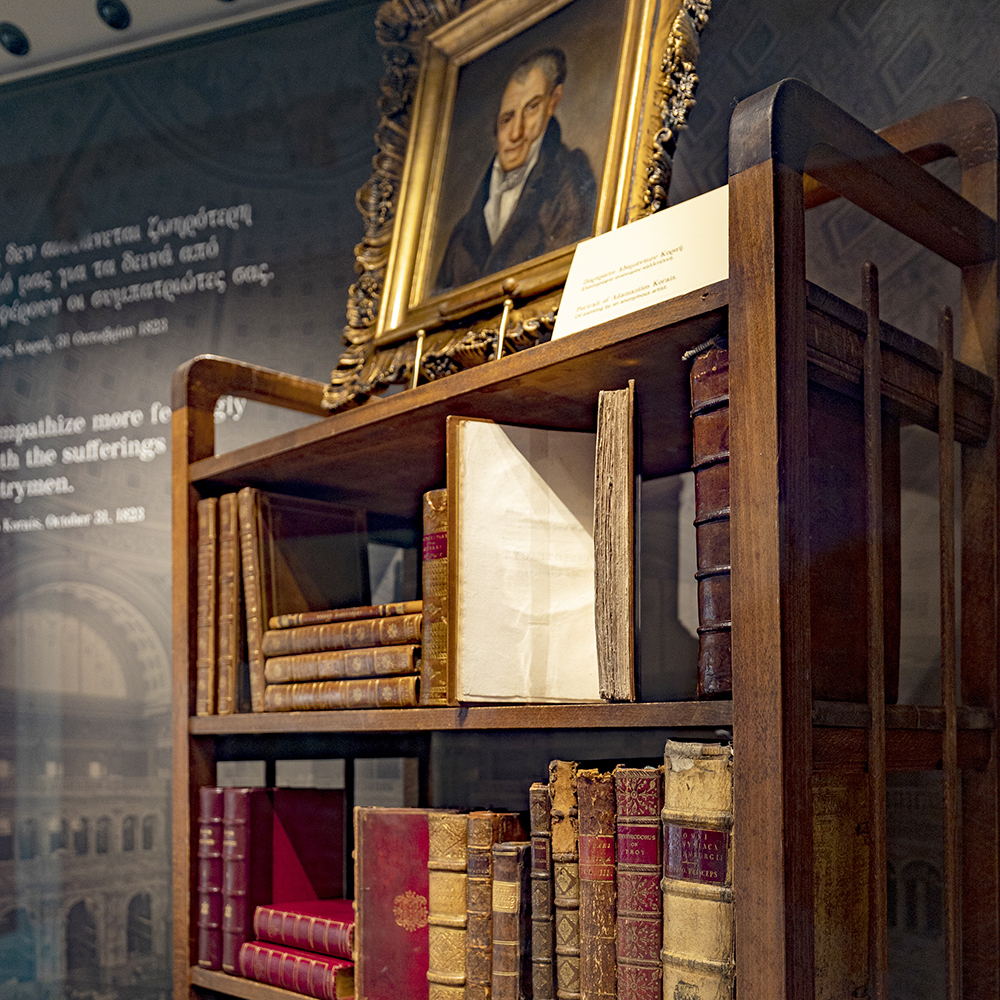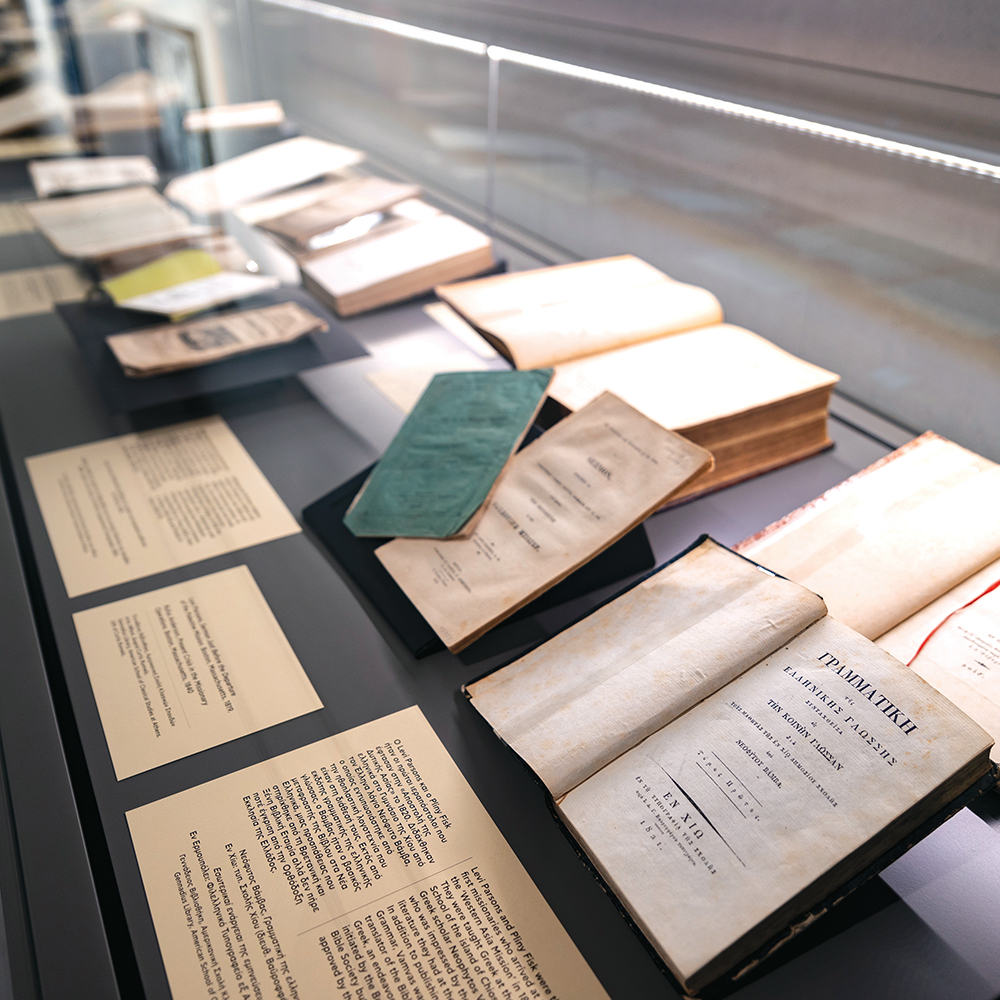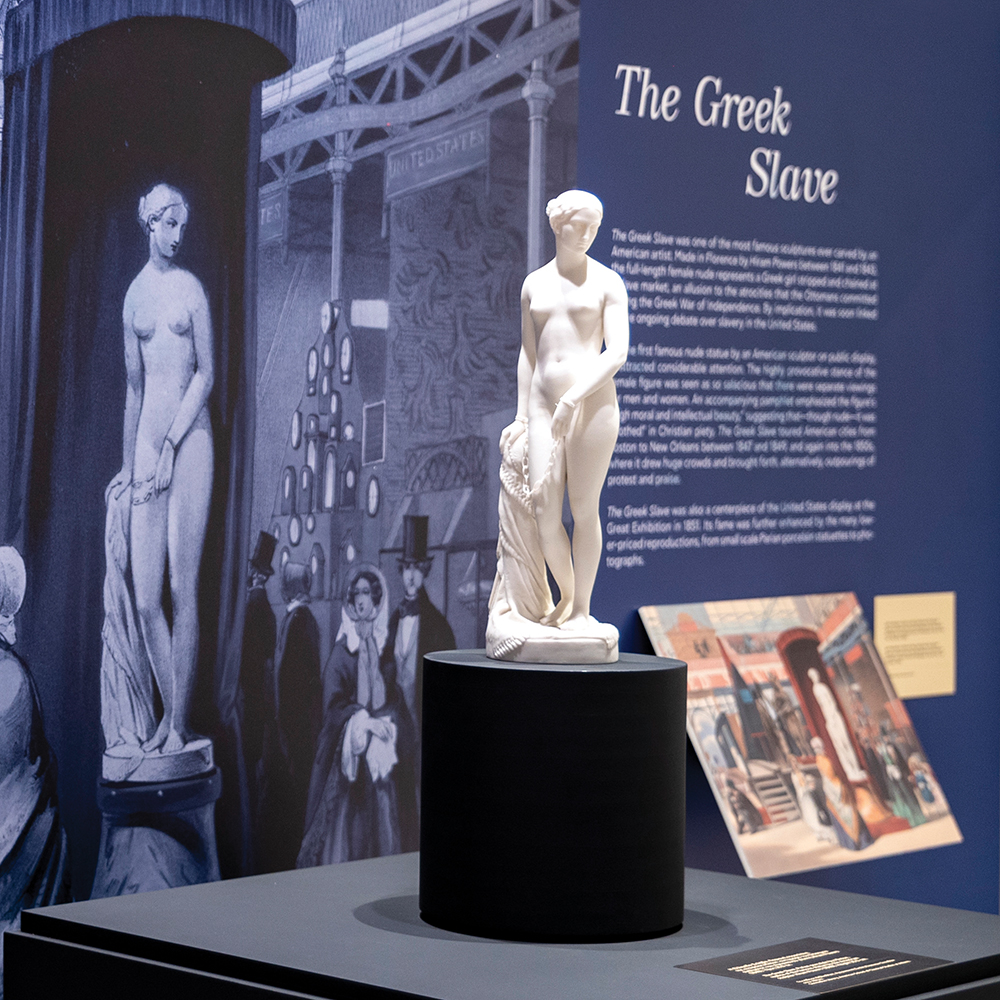To mark the bicentennial of the Greek Revolution of 1821 we are celebrating the relationship between Greece and the United States in the century of revolutions. The American Declaration of Independence (1776) inspired the revolutionary Greeks who turned to the young American nation for support. As the birthplace of democracy and as a Christian nation fighting the Ottomans, Greece deserved to be resurrected as a free and democratic state.
Due to the policy of neutrality established by the Monroe Doctrine in 1823, it was individual Americans who responded valiantly to the Greek cause. Fighters and volunteers joined the Greek War of Independence, whereas orators, educators, politicians and visionaries stirred a true “Greek fever” in the United States. Committees raised funds and organized the first humanitarian aid to “save the Greeks” and missionaries rushed to educate them. Philanthropic interest did not abate: during the Cretan revolt of 1866 Americans hurried again to Greece to help the refugees.
The ordeals of the Greeks, who were dragged into slavery following the atrocities committed during the Greek War of Independence, stirred heated debate in antebellum America about slavery, bringing their own domestic anxieties and concerns to bear on the Greek conflict.
















